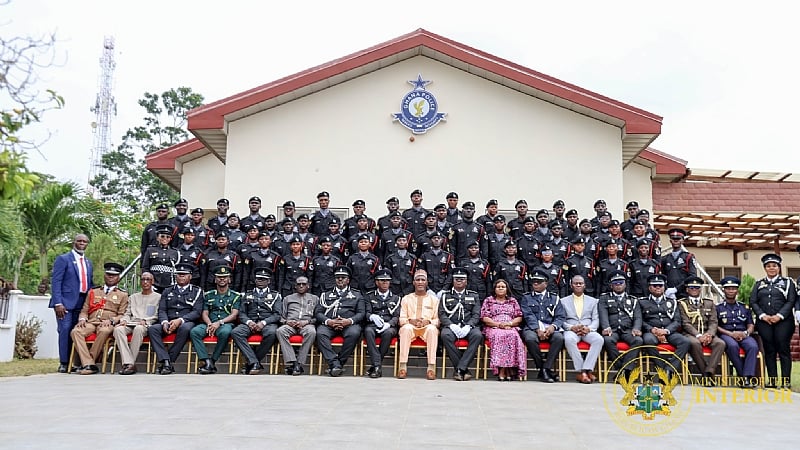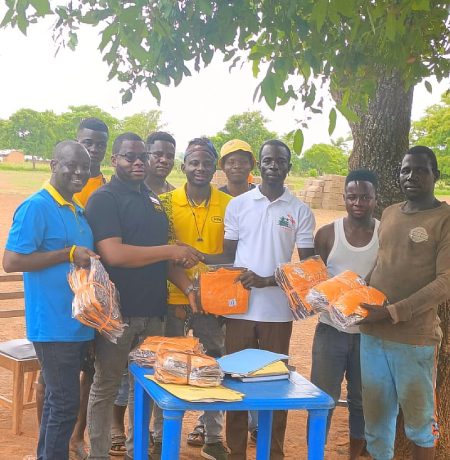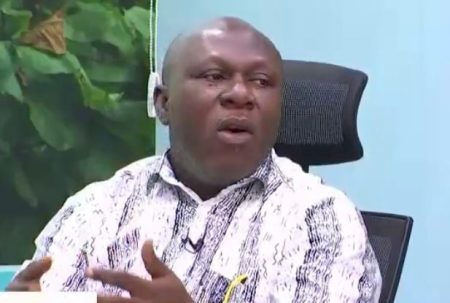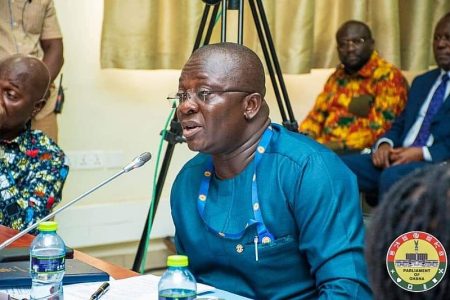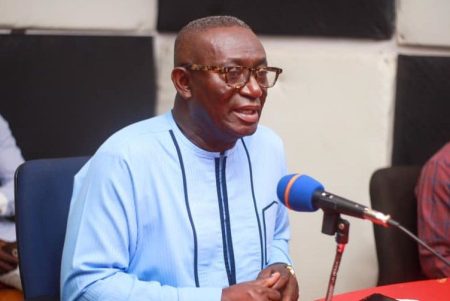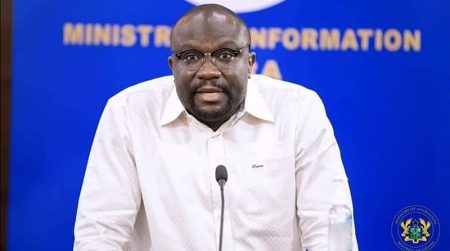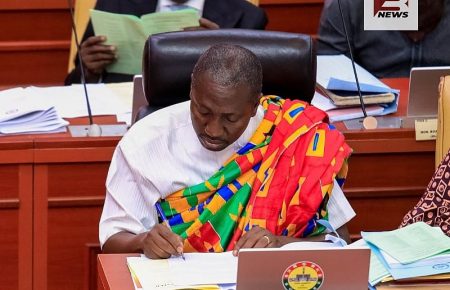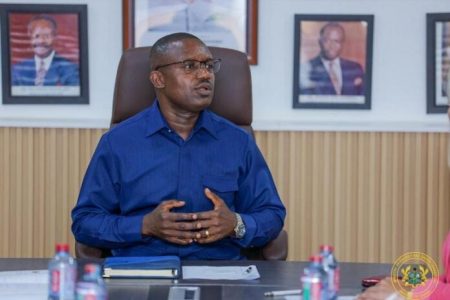The Ghana Police Service has embarked on a transformative journey to implement a 24-hour policing strategy, aligning with the government’s vision of a vibrant 24-hour economy. This strategic shift aims to create a secure environment for economic and social activities around the clock, ensuring that Ghanaians can pursue their livelihoods and engage in community life without fear, regardless of the time of day. The announcement of this pivotal change was made during a significant event: the passing-out parade of newly trained police recruits at the National Police Training School in Accra. This occasion served as a fitting backdrop for unveiling a strategy that significantly expands the scope and responsibilities of the Police Service. The 24-hour policing model represents a substantial commitment to enhancing public safety and fostering a climate of confidence and trust within communities.
The Minister for the Interior, Mr. Muntaka Mohammed, emphasized the profound importance of this new security strategy. He articulated the crucial role of the Police Service in upholding law and order, safeguarding public well-being, and creating an atmosphere conducive to economic prosperity. A core element of the 24-hour policing strategy is the establishment of a dedicated 24-Hour Economy Security Secretariat at Police Headquarters. This centralized unit will serve as the nerve center for coordinating security operations, strategically deploying personnel, and ensuring maximum police visibility and responsiveness, particularly during the night-time hours when criminal activities are statistically more prevalent. By focusing on proactive measures and increased presence, the Ghana Police Service aims to deter criminal activity, respond swiftly to incidents, and provide a consistent sense of security for businesses, residents, and visitors.
The passing-out parade of the new recruits provided an opportune moment to instill in them the core values of integrity, professionalism, and respect for human rights. Mr. Muntaka Mohammed addressed the graduating officers, urging them to embrace these principles as they embarked on their careers. He encouraged them to maintain vigilance, proactively engage with communities, and contribute to building a safer and more secure Ghana. Their role in implementing the 24-hour policing strategy is crucial, as they represent the frontline of law enforcement and will play a key role in establishing trust and confidence among the public. The training they have received, combined with their commitment to uphold the highest ethical standards, will be essential for the successful implementation of this ambitious initiative.
The Minister of the Interior also acknowledged the leadership and adaptability of the Inspector General of Police and the broader Police Administration. He commended their responsiveness to evolving challenges and their commitment to meeting the demands of modern law enforcement in a dynamic and rapidly changing environment. The 24-hour policing strategy requires not just increased personnel and resources, but also a shift in mindset and operational approach. The Police Administration’s willingness to embrace change and implement innovative strategies positions them to effectively tackle the complexities of ensuring safety and security in a 24-hour economy. This forward-thinking approach demonstrates a commitment to continuously improving and adapting to the needs of the communities they serve.
A key aspect of effective policing is building and maintaining public trust. Mr. Muntaka Mohammed stressed that while police visibility and presence are important deterrents to crime, they are not sufficient in themselves. Public trust in the Police Service, he emphasized, is built upon the foundation of fair, impartial, and respectful law enforcement practices. Every interaction between police officers and the public, regardless of the time of day, should be conducted with professionalism, respect, and a commitment to upholding the rights of all citizens. Building trust requires consistent adherence to ethical principles and a genuine commitment to serving and protecting the community.
The 24-hour policing strategy is not just about increasing police presence around the clock; it’s about fostering a sense of shared responsibility for safety and security. By working collaboratively with communities, businesses, and other stakeholders, the Ghana Police Service aims to create a truly secure environment that supports economic growth and social harmony. This comprehensive approach recognizes that effective policing requires more than just enforcement; it necessitates building strong relationships with the communities they serve, based on trust, mutual respect, and a shared vision for a safer Ghana. The 24-hour policing strategy represents a significant step towards realizing this vision and ensuring that all citizens can feel safe and secure at all times.





